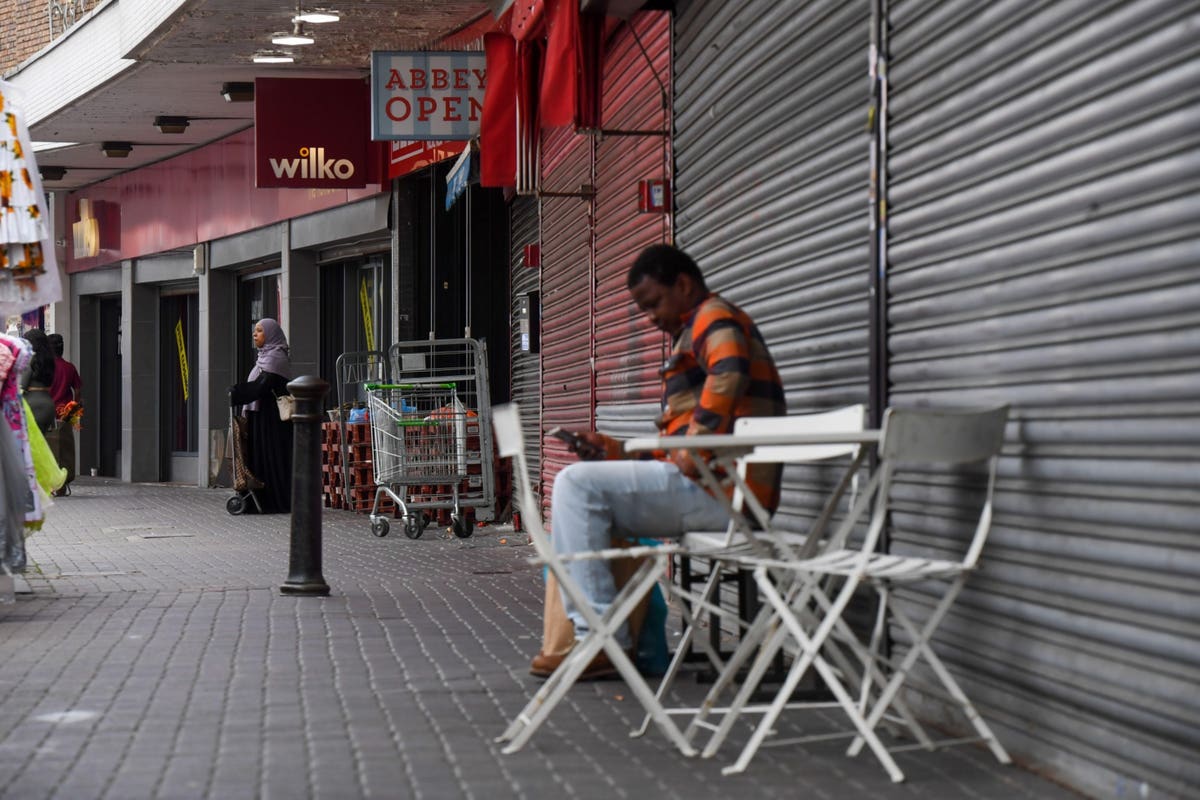So, farewell Wilko. Despite last minute white knights offering to ride to the rescue, administrators could not find an acceptable deal to keep the U.K. retailer’s 408 stores open.
Instead, there has been the usual feeding frenzy which has seen the discount general merchandiser’s brand and IP snappedup and some stores rescued but only so they can be rebadged.
But how did we get to the point where an until recently thriving business, founded in 1930 by JK Wilkinson in Leicester in the East Midlands has no future?
The retail offer at Wilko is probably best thought of as an equivalent of Woolworth’s, which was lost to the U.K. high street in late 2008, just a year short of a century trading.
Ironically, Wilko had acquired many of those vacated stores.
Wilkinson opened the company’s first store on Charnwood Street in Leicester Wilkinson Cash Stores and by 1941 it had become known as Wilkinsons before simplifying its name once again in 2014 to Wilko.
It grew to just over 400 stores and 12,500 staff across its shops, warehouses and Worksop headquarters and grew the breadth of its product offer, adding homewares, pick-and-mix candy and everyday products to complement its DIY offer.
Wilko enjoyed strong growth in more recent times and reported healthy profits prior to the pandemic, with sales peaking at nearly $2 billion in 2018. However, even at its high sales point, profitability had begun to decline amid increasing competition from rivals such as B&M and Home Bargains.
Administrator PwC said factors such as competition, cost of living squeezes and the pandemic contributed to “cashflow pressure and a deterioration in trading”, especially as many shoppers preferred the out-of-town retail parks in which its fiercest rivals tend to be based.
Wilko Negotiations Fail
After some frantic negotiating, on Monday this week, PwC delivered the worst possible news, confirming that all 408 stores would close by early October after talks with potential buyers had failed to produce a rescue deal.
Wilko’s two big warehouses, in Worksop, Nottinghamshire, and Newport, Wales, will be closed by the end of this week.
Last week, PwC had announced the first wave of store closures, with 52 stores shuttering, and the loss of more than 1,300 jobs, including support centre workers and warehouse staff.
However, confirmation of the closure of the entire estate came after it emerged that a rescue package proposed by the owner of entertainment retailer HMV, which would have saved about half of Wilko’s sites, had collapsed.
Doug Putman, who also owns Toys R Us in Canada, had been trying to save as many as 200 Wilko stores as a “going concern”, but no agreement could be reached primarily because of “infrastructure” costs.
The Range And Poundland
This week the 201-store homewares retail chain The Range, agreed a multimillion-dollar deal to acquire the Wilko brand as administrators continued to sell off the retailer’s assets piecemeal.
However, while The Range has acquired the Wilko brand and intellectual property rights it has not bought any of its stores in a deal reported by broadcaster Sky to be worth $6.2 million.
U.K. hard discounter Poundland, owned by Pepco, had already agreed a deal to acquire 71 Wilko sites, which will reopen under its own brand, which could save up to 1,800 of the jobs currently at risk.
PwC had also previously announced a $16.2 million deal with rival discount retailer B&M to buy 51 Wilko properties that will also be rebranded, but that agreement did not include any jobs guarantees.
Right now the future for thousands of former Wilko staff looks bleak and another well known high street name is set to disappear.
Read the full article here





